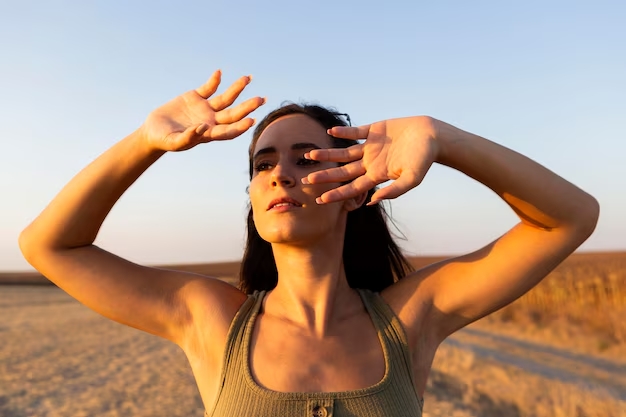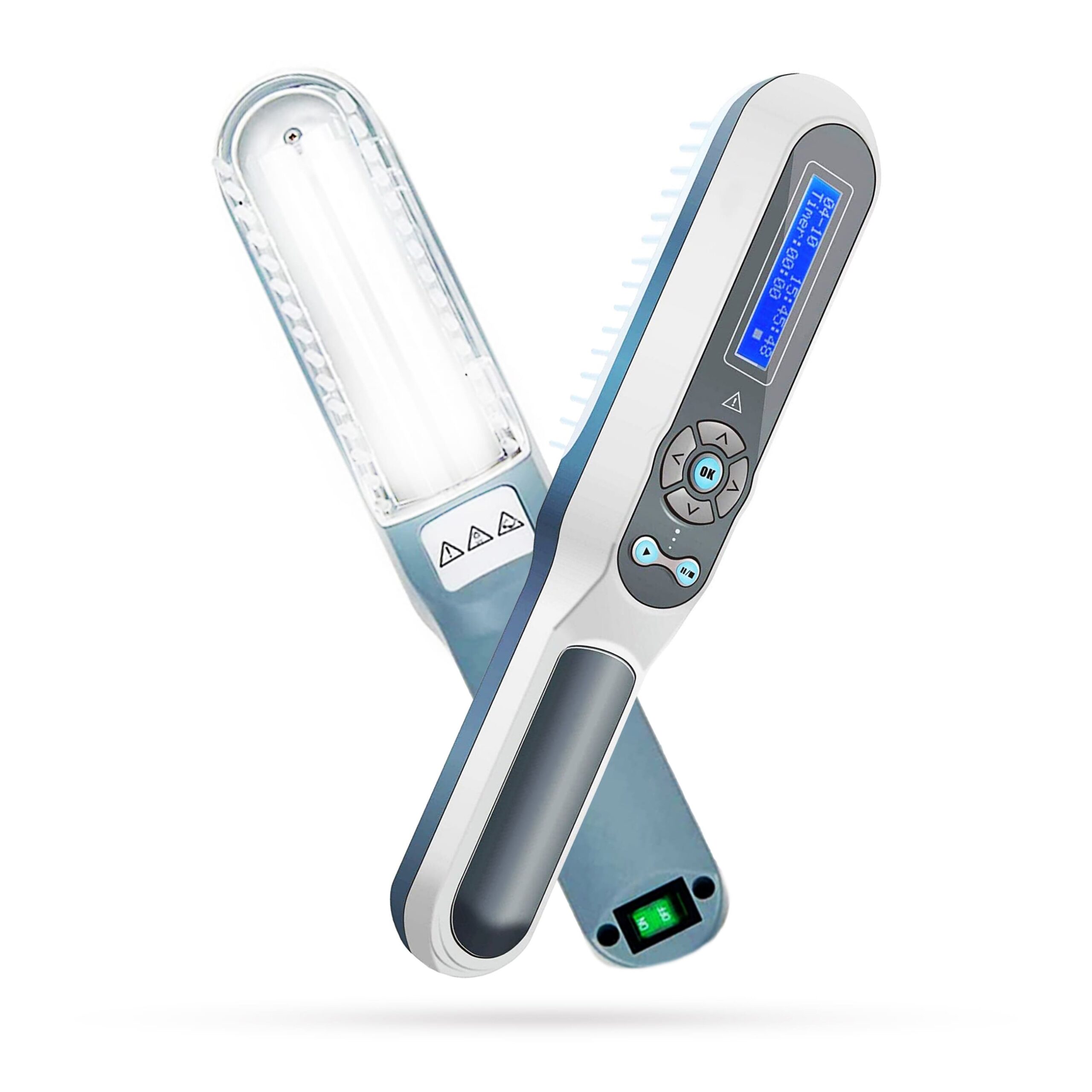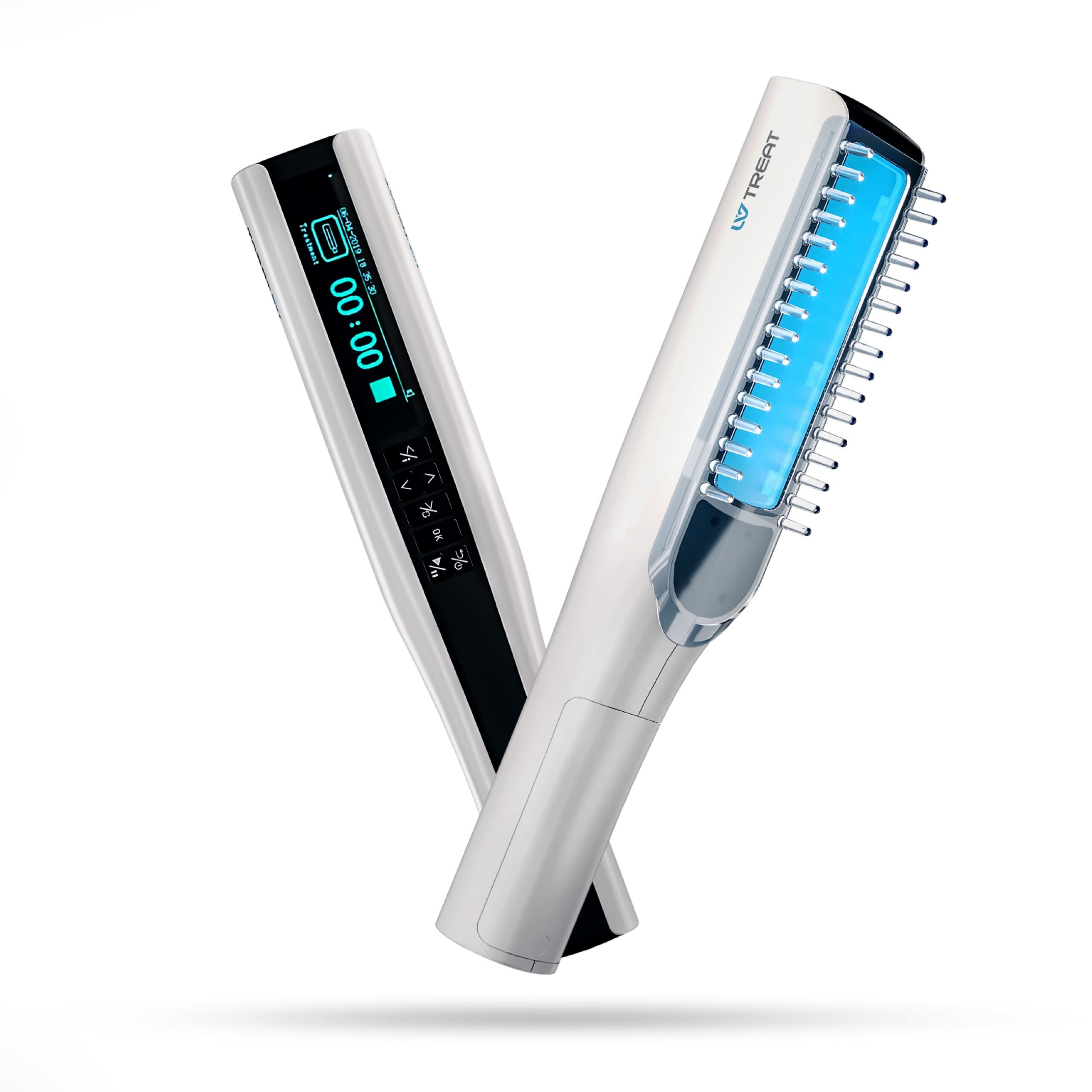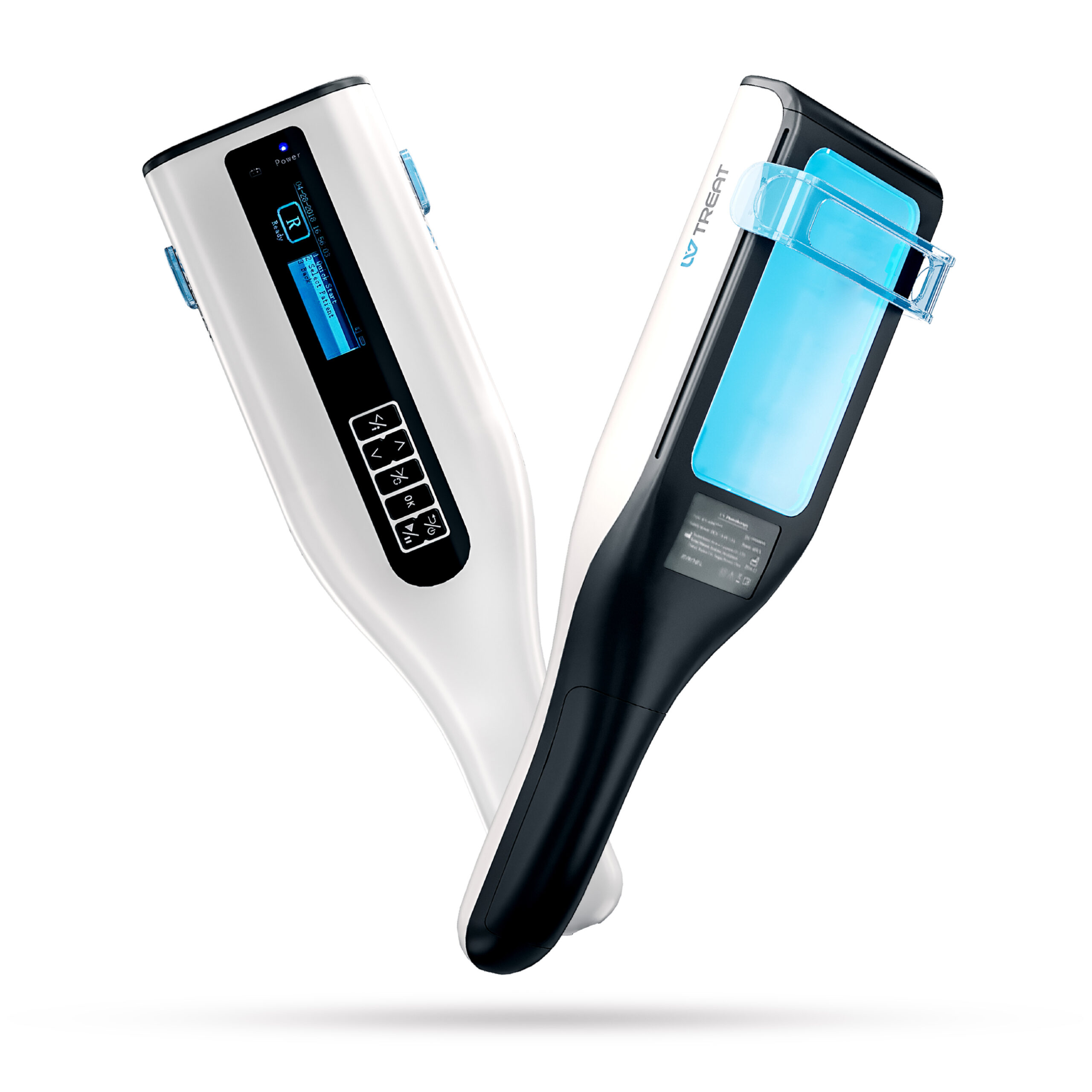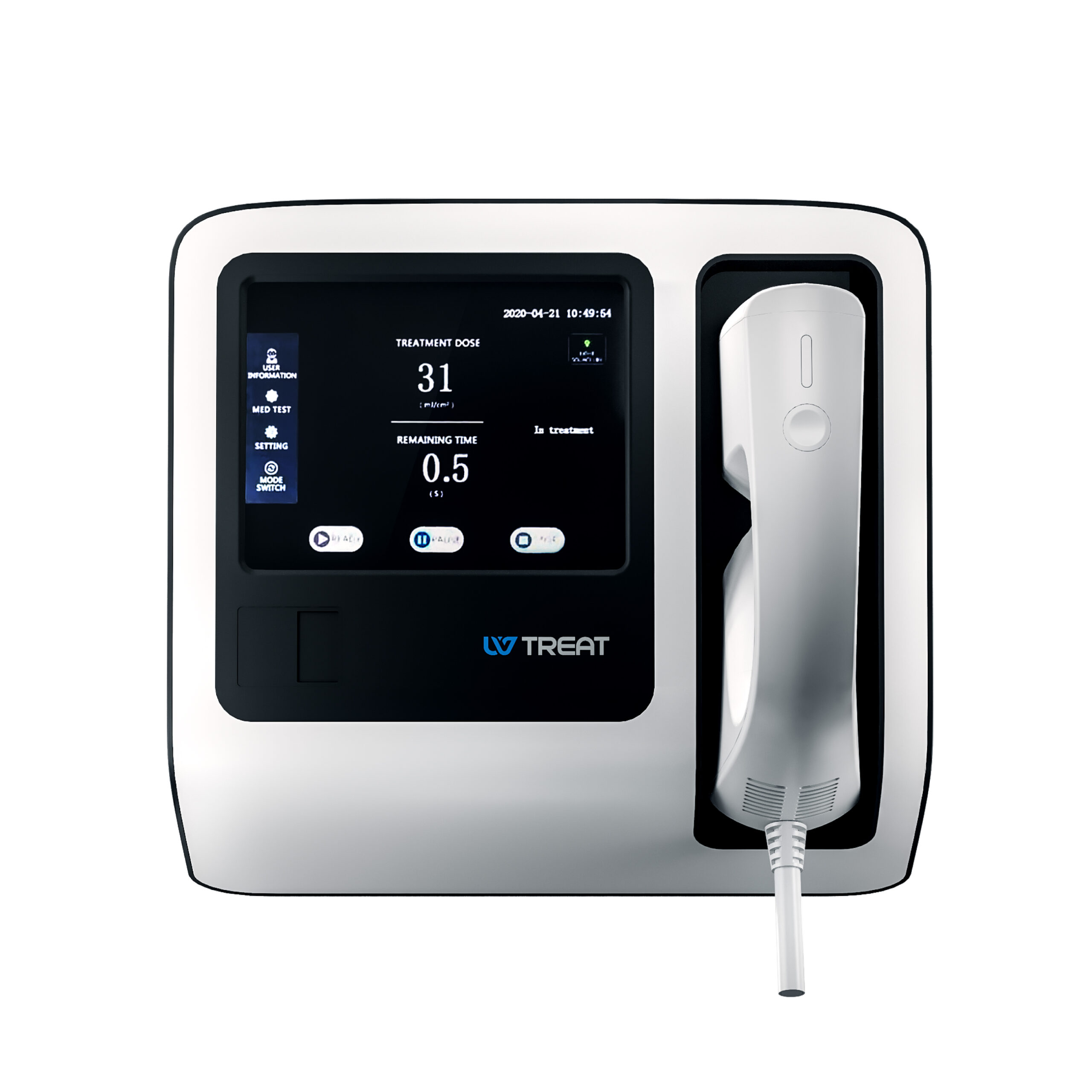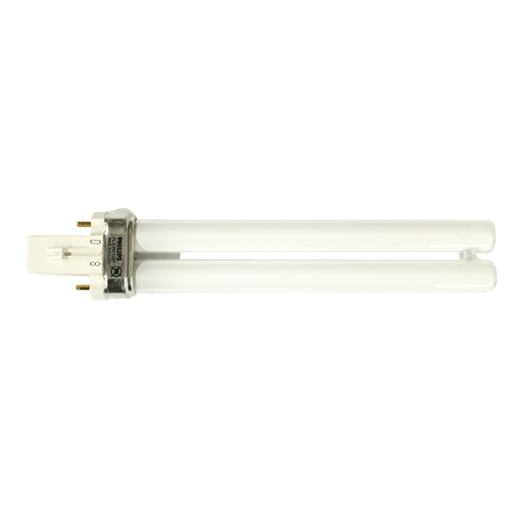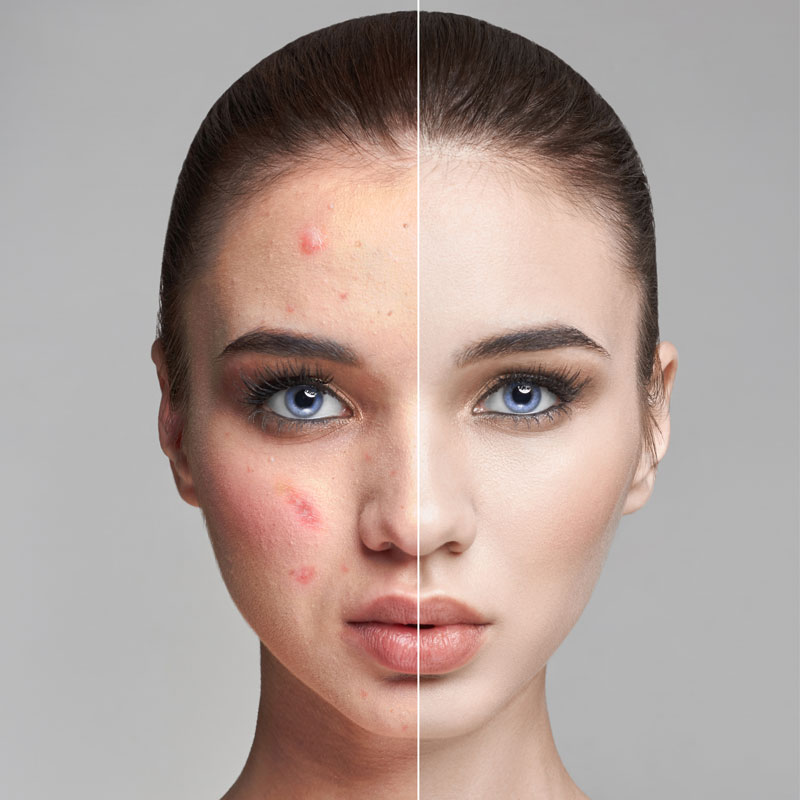Why You Feel Tired After Being in the Sun
1. Dehydration
One of the primary reasons for feeling tired after spending time in the sun is dehydration. When you’re exposed to sunlight, your body produces sweat as a means of cooling down. This loss of fluids and electrolytes can lead to dehydration if not adequately replenished. Dehydration impairs your body’s ability to perform regular functions, leading to symptoms such as fatigue, dizziness, and even confusion. It’s crucial to stay hydrated by drinking plenty of water, especially when engaging in outdoor activities in the sun. Keeping a water bottle handy and replenishing your fluids at regular intervals can help mitigate the effects of dehydration and the resultant tiredness.
2. Heat Exhaustion
Heat exhaustion is another significant factor contributing to feelings of fatigue after sun exposure. This condition occurs when your body overheats due to prolonged exposure to high temperatures, often compounded by vigorous physical activity. Symptoms of heat exhaustion include heavy sweating, rapid pulse, muscle cramps, nausea, and, notably, extreme fatigue. If left unchecked, heat exhaustion can progress to heat stroke, a life-threatening condition. To prevent heat exhaustion, ensure you take regular breaks, seek shade, and wear lightweight, breathable clothing. Recognizing the signs early and taking proactive measures can alleviate the risk of developing severe fatigue.
3. UV Radiation and Its Effects
Ultraviolet (UV) radiation from the sun has a direct impact on your energy levels. Prolonged exposure to UV rays can have detrimental effects on your skin and overall health. The body’s effort to repair UV-induced skin damage can be taxing, leading to tiredness. Besides, UV radiation can suppress the immune system, making you more susceptible to infections and illnesses that include fatigue as a symptom. Wearing broad-spectrum sunscreen and protective clothing, and limiting sun exposure during peak hours, can help reduce the harmful effects of UV radiation, thereby curbing post-sun exposure fatigue.
4. Circadian Rhythm Disruption
Your circadian rhythm, or internal body clock, regulates various physiological processes, including sleep-wake cycles, hormone release, and body temperature. Sunlight plays a crucial role in synchronizing your circadian rhythm, but excessive sun exposure can disrupt it. Spending extended periods in bright sunlight might coax your body into thinking it’s still daytime, even as evening approaches, making it harder for you to wind down and sleep. This disruption can lead to a sense of tiredness and lethargy. Managing your exposure to sunlight and using blue light filters on electronic devices in the evening can help maintain a healthy circadian rhythm and reduce fatigue.
5. Physical and Mental Exertion
Lastly, spending time in the sun often involves engaging in various physical activities such as swimming, hiking, or playing sports. These activities, coupled with the heat, can lead to significant physical exertion. Additionally, mental exertion due to exposure to bright sunlight and high temperatures can also contribute to feelings of fatigue. The combination of physical and mental strain increases your body’s energy expenditure, resulting in tiredness. Taking frequent rest breaks, consuming nutritious snacks, and ensuring adequate hydration can help balance out the energy expended and minimize feelings of fatigue.
